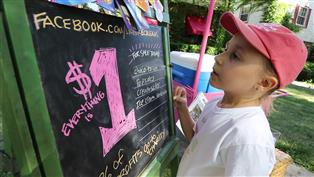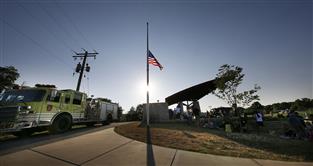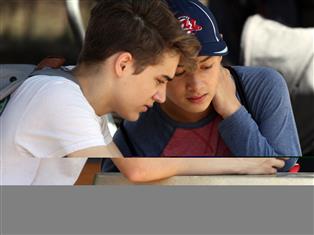STEM presentation leads to big-picture discussion
Balancing traditional courses, those for 21st century jobs debated
An informational presentation to the Wauwatosa School Board on Tuesday about plans to offer a specialized science, technology, engineering and math curriculum at two middle schools turned into a lengthy discussion about balancing education for 21st century jobs with the basics of literacy and other traditional courses.
Plan would serve 100 students
Five members of the MSTEM Steering Committee laid out plans to deliver a project-based curriculum to a minimum of 50 lottery-selected students each from Longfellow and Whitman beginning in the fall of 2012. Their 16-page executive summary pointed out that a quality STEM program features a teacher serving "as the coach for the development of skills and engages the students in problem solving and inquiry-learning, the 'how' as opposed to the 'that.' "
Students, the report said, would be "regularly engaged in collaborative learning that includes the synthesis and integration of different types of data and analysis, and then have the opportunities and forums in which to communicate their results."
Behind the support for growing STEM education, the report noted, is a 10-year employment projection from the U.S. Department of Labor that shows 15 of 20 fastest growing professions by 2014 requiring "significant mathematics and/or science preparation."
Literacy rigor questioned
Several board members, impressed with the thoroughness of the summary, said they had concerns that the MSTEM program would not offer the same level of literacy rigor.
"I am concerned about how literacy will be part of this," said Annie Fee, who later added her concern for the future of language offerings such as French and German.
Literacy concerns were echoed by board members Michael Meier, Mary Jo Randall and Phillip Kroner.
Meier focused on reading authors like O. Henry and memorizing "The Charge of the Light Brigade."
"I don't think there is any substitute for that," he said. He added that he values technical education but that he is "not ready to sing Kumbaya."
Kroner asked that the committee and district revisit a lottery system and set some program slots aside for other students who would benefit from the curriculum.
Incorporating components
Jason Zurawik, associate principal at Longfellow who led the presentation, said literacy components would be "incorporated throughout the curriculum" and noted that it would require the same level of reading and writing as in a traditional learning model.
Testing the level of literacy competency, he added, may require a different approach.
Superintendent Phil Ertl said selling the program to prospective parents to explore STEM in middle school is important because it's a departure from traditional learning.
"This will be a leap of faith for some," he said. "This program does not require board approval because the curriculum is not changing. If the committee decides to change some elements of the curriculum, that may, depending on the level of those changes, need to go to the board."
Ertl said the program will not require additional staffing, and teaching assignments would be adjusted depending on the number of students who enroll.
More from News and Features
- Anodyne Coffee plans to open location in Wauwatosa Village
- Wauwatosa Meetings: Aug. 4
- Video: Wauwatosa girl's curbside ice cream stand raises money for the hungry
- Wauwatosa News and Notes: Hands-only CPR training offered; Firefly Art Fair is Aug. 6-7
- Wauwatosa Ask Now: Why are there barriers and fencing along the North Avenue bridges over the Menomonee River?
- Mystery Photo Contest: July 28
- Wauwatosa gears up for National Night Out event, this year at the zoo
- Election 2016: Wisconsin's 4th District candidates weigh in
- Wauwatosa's Luther Manor residents share smiles through flower delivery
- Wauwatosa Police Report: July 17-23














